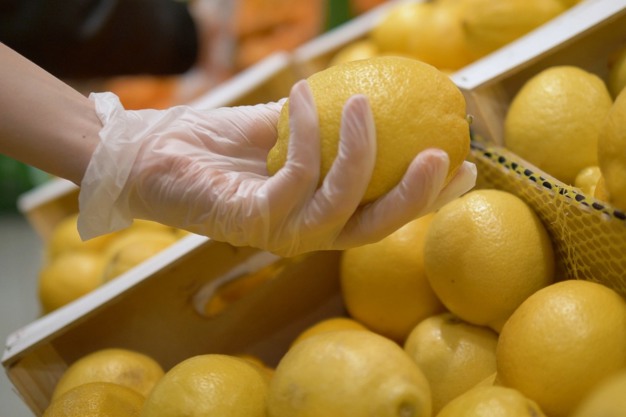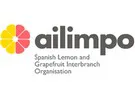The 2024/2025 Spanish lemon season has started with high demand and prices due to a transition with barely any overlap between the two hemispheres.
"The previous season was really tough. There was too much production, which caused prices to fall below profitability levels, and this resulted in more than 300,000 tons of lemons being left unharvested," says Antonio García, director of Ailimpo.

For this new season, which has started two weeks earlier than usual, the production is expected to reach 1,200,000 tons. "The acreage is practically the same as last year, although with lower yields per hectare, so there has been a 21% drop in the volume compared to the record harvest of the 2023/2024 season. The challenge will be to be able to obtain a good profitability from this harvest," says Antonio García.
The South African lemon season has finished earlier and this has contributed to Spanish lemons having a good start. "The market will be tense for the first 6-8 weeks of the season, until at least the end of October or the beginning of November. There are no stocks from South Africa and, for the time being, there isn't a consistent supply in Spain, as it usually happens at the beginning of the season. This is resulting in interesting prices at source and on the market," says the Ailimpo Director. "It is also worth recalling that the costs of harvesting and packing the first lemons are always higher."
"In recent years, the interprofessional organization has been exchanging information with the Citrus Growers Association (CGA) of South Africa and that is allowing us to organize and coordinate good marketing transitions in the European markets. The same was done in June, when the South African season started after we had finished a long Verna lemon season," says José Antonio García.
"It remains to be seen how the competition from Turkish lemons will affect the market. These have not yet arrived in Europe and, apparently, their production will be between 20 and 25% smaller this year. From now on, 'caution' is the key word. We will see week by week how the market situation evolves and keep our expectations realistic. However, we are still sending out a message of optimism, stressing that we are leaders in lemon exports to Europe, with a 70% share and even 80% in certain periods of the season," says Antonio García.
The Director of Ailimpo also wonders why European retailers are still willing to pay more for lemons from overseas than for Spanish (and therefore, European) lemons. We don't have an answer because it doesn't make sense. We should be giving European products our support because of their guaranteed quality and sustainability."
 For more information:
For more information:
AILIMPO
C/ Villaleal, 3
30001 Murcia, Spain
Tel.: +34 968 21 66 19
[email protected]
www.ailimpo.com









